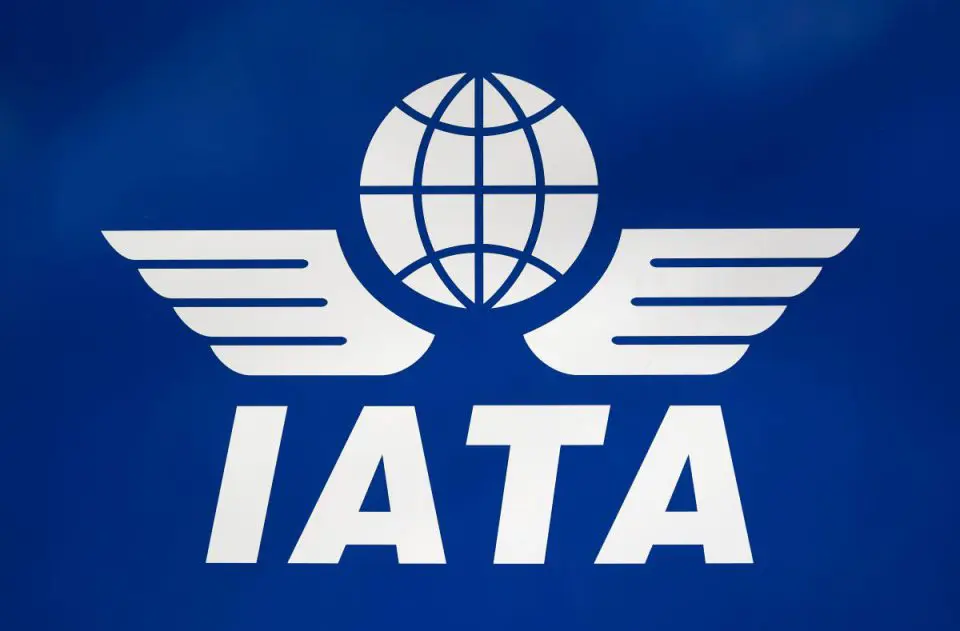KUALA LUMPUR, Oct 3 — The International Air Transport Association’s (IATA) inaugural World Sustainability Symposium (WSS) in Madrid, Spain, will focus on key elements that are vital in achieving the aviation industry’s commitment to net zero carbon dioxide (CO2) emissions by 2050.
IATA director-general Willie Walsh said its commitment to net zero CO2 emissions by 2050 is firm. The WSS will allow participants to focus on the same mission, with ambition and urgency, to build momentum to reach the goal.
“We are here to share learnings, keep abreast of the pace of change, and adjust our work accordingly while rallying governments and stakeholders to facilitate decarbonisation within the industry,” he said.
The two-day symposium, which started today, will discuss key elements, including the overall strategy to achieve sustainability targets and emphasis on sustainable aviation fuels (SAF) as an enabler.
IATA expects SAF to make the greatest contribution (62 per cent) to achieving net zero by 2050, adding that supply was currently lagging despite high demand from airlines. There were also significant challenges remaining in scaling up to the needed levels.
The WSS also delves deeper into government policies to incentivise production and diversification of methods and feedstocks to produce SAF, including global frameworks to ensure SAF output from renewable energy production is consistent.
On the agenda will also be measures to attract investments to increase production, establishing a robust SAF accounting framework based on a trusted chain of custody that supports book and claim tracking systems and finding potential SAF production to benefit from developing capture and storage technologies carbon.
WSS participants will also look at broader mitigating strategies, including hydrogen or electric-powered aircraft and the continuous efficiency improvements in airframe and engine technologies.
“The role of collaboration in value chains will also be explored. Notably, the aviation industry’s approach to mitigating its environmental impacts is wide-ranging,” IATA said.
— Bernama





